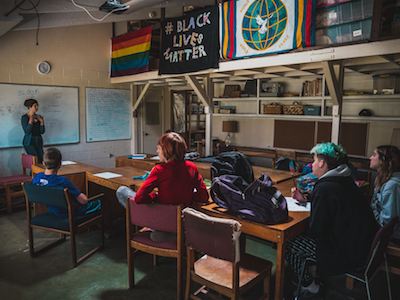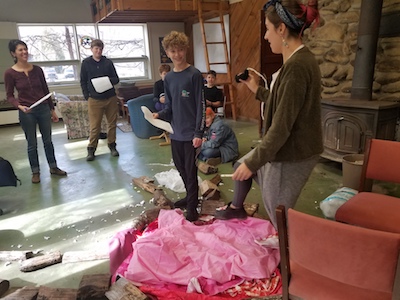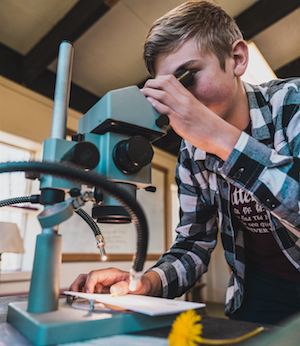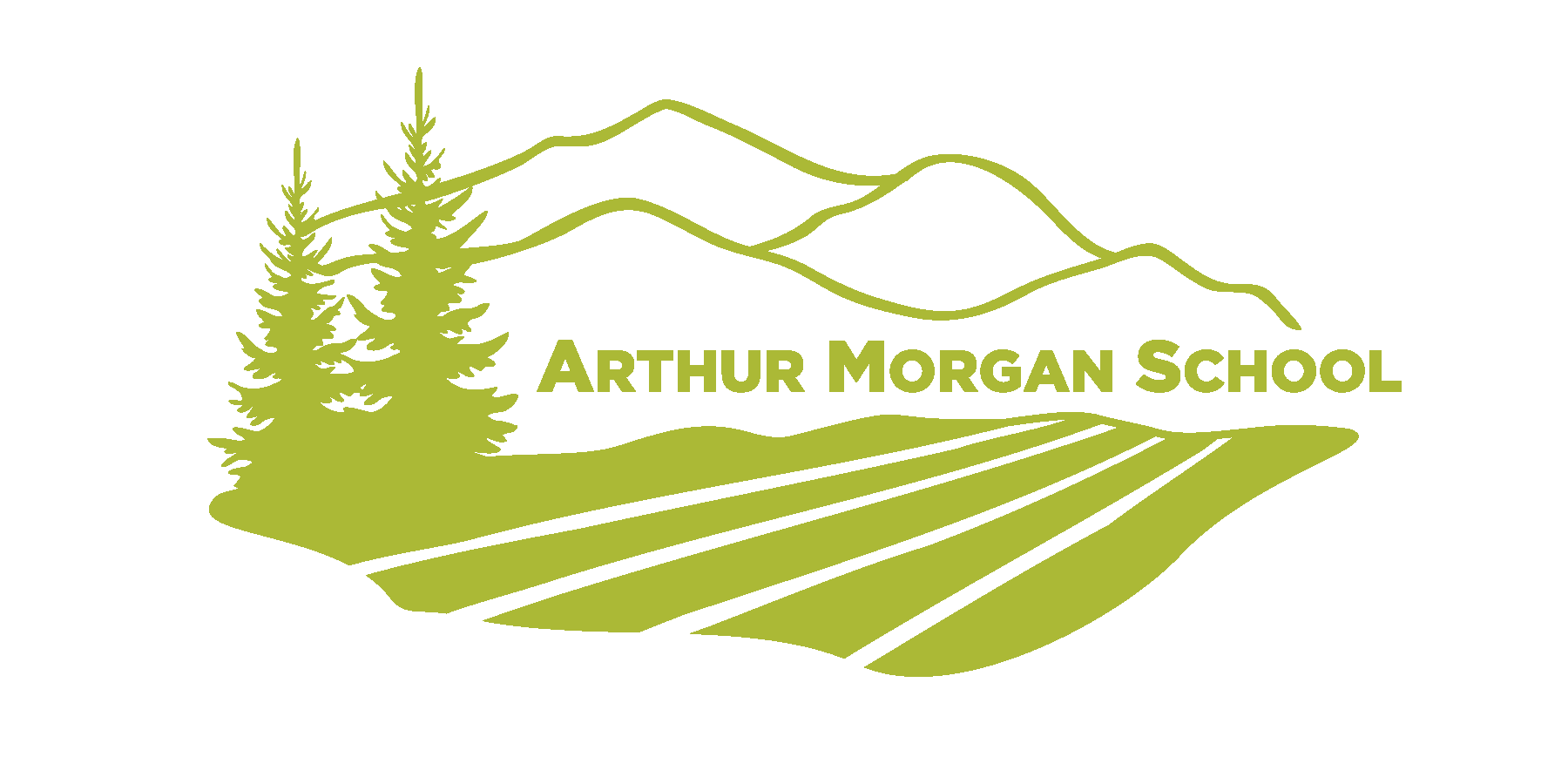Connecting Social Studies and Science

At Arthur Morgan School, we believe heavily in Maria Montessori’s vision for education, we strive to make our classes interdisciplinary. In one math class, we integrated our study of linear relationships with the U.S.’s incarceration rates amongst different races. In another, students studied the planets of our solar system while they learned about scale. Many of our language arts classes often take on social studies topics like oppression and labor rights. Bringing different subjects together, like connecting social studies and science, shows students the relevancy of the information they are learning. As a result they care more and stay engaged in class.
Making topics interdisciplinary is tough work though, especially in middle school where teachers usually focus only on one subject. Combining subjects usually means teachers spending more time researching and planning. If you are a social studies teacher and don’t have the science background necessary to teach the concepts effectively, it’s hard to feel like you are doing an effective job at incorporating the material. How can teachers connect subjects like social studies and science while keeping their sanity?
Birth, Death and Medicine: Social Studies and Science in Concert
In one of AMS’s 18 Day Field Trips this year, they have successfully created an interdisciplinary classroom. The Birth, Death, and Medicine field trip is exploring healthcare in the U.S. On the trip and in the class preceding, students will examine birth, death, and medicine as institutions and sites of radical transformation. Students will learn about the history of the medical profession, current issues within the healthcare system, and about alternatives to that system. Since AMS is in a more rural location, the class will pay special attention to the embattled state of healthcare in rural communities, which are rapidly losing their hospitals to corporate interests.
 The class focuses on how the the care of our bodies, something that should be personal often becomes political. Topics include obstetrics, midwifery, the science of embalming, natural burial, herbal medicine, acupuncture, homeopathy, the opioid crisis, and more.
The class focuses on how the the care of our bodies, something that should be personal often becomes political. Topics include obstetrics, midwifery, the science of embalming, natural burial, herbal medicine, acupuncture, homeopathy, the opioid crisis, and more.
Ok, That’s Covers Social Studies. Where’s the Science?
However this class is not just about social issues. Since students are learning about medical care and the processes of life and death, it only makes sense that biology would be included as part of the course. As part of their studies, students are exploring anatomy, physiology, the immune system, and how drugs/medicines affect the body. By connecting social studies and science, the students get a deeper appreciation for how biology is relevant to the current events they are also studying.
Teachers were successful in connecting social studies and science by combining forces with each other. Natalie, who has done of much of planning for the Birth, Death and Medicine field trip, teaches many of social issues that go along with this subject. As an assistant midwife she also felt comfortable teaching about the reproductive system. However for other science topics, like teaching about the immune system, she asked Kavita to join her. Kavita teaches a lot of science courses at AMS so it was perfect fit for collaboration. Their cooperation allows students to learn important biology concepts while understanding their relevancy in today’s world.
 Social Studies and Science Hit the Road
Social Studies and Science Hit the Road
The class’s interdisciplinary focus will continue when the students finally go on their trip at the end of February. The students and staff will travel through the Mid-Atlantic region to talk to healthcare professionals, doctors, and activists about birth, life and death.
They will visit a cadaver lab in Western Carolina University, tour The Farm in Tennessee, and meet with members of Holler Health Justice in West Virginia. The trip will eventually go to Baltimore and Philadelphia where students will visit John Hopkins Medical School and the Mütter Museum. They will end their trip in Washington D.C., meeting with member of the ACLU and Advocates for Youth. The whole trip will be the perfect culmination to their studies of both social studies and science.
Field trips leave on February 24th. You can follow the group’s progress on our Facebook page.
-Nicholas Maldonado
Learn More about Our 18 Day Field Trips
